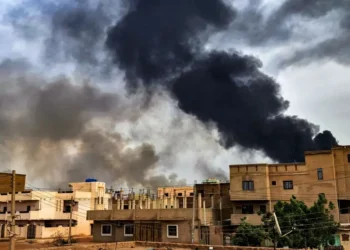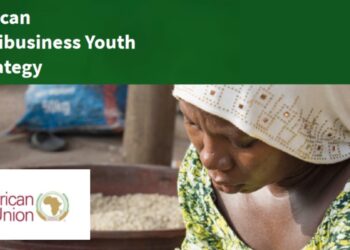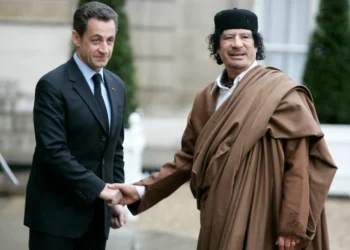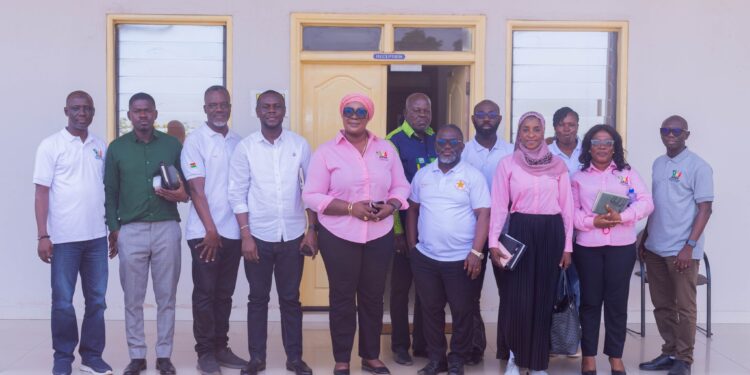An ongoing audit of Kenya’s voters’ roll has found the names of about 250, 000 deceased persons on the register, Kenya’s electoral agency has confirmed.
In addition, about half a million more voters were found to have duplicate records and more than 226,000 people were registered using documents that do not belong to them, according to a statement by the Independent Electoral and Boundaries Commission (IEBC).
According to IEBC, several others had also registered with illegal documents. Due to the “implementation of the preliminary audit findings”, the commission stated that it would delay certifying the final register for publication.
The commission had earlier announced that it would publish the register of voters on or before June 9, 2022 but has rescheduled that to June 20, 2022 as it seeks to address the findings by KPMG, the firm contracted to do the audit.
Deadly post-election violence in Kenya
Electoral irregularities in past elections in Kenya have led to deadly violence. Kenya’s presidential election on August 8, 2017 was marred by serious human rights violations, including unlawful killings and beatings by police during protests and house-to-house operations in western Kenya, according to the Human Rights Watch.
On August 11, 2017, following the announcement of Uhuru Kenyatta’s victory at the polls, opposition supporters in Nairobi, Coast, and the western counties of Kisumu, Siaya, Migori, and Homabay protested with chants of “Uhuru must go”. Police responded in many areas with excessive force, shooting and beating protesters in Nairobi and western Kenya or carrying out abusive house-to-house operations.
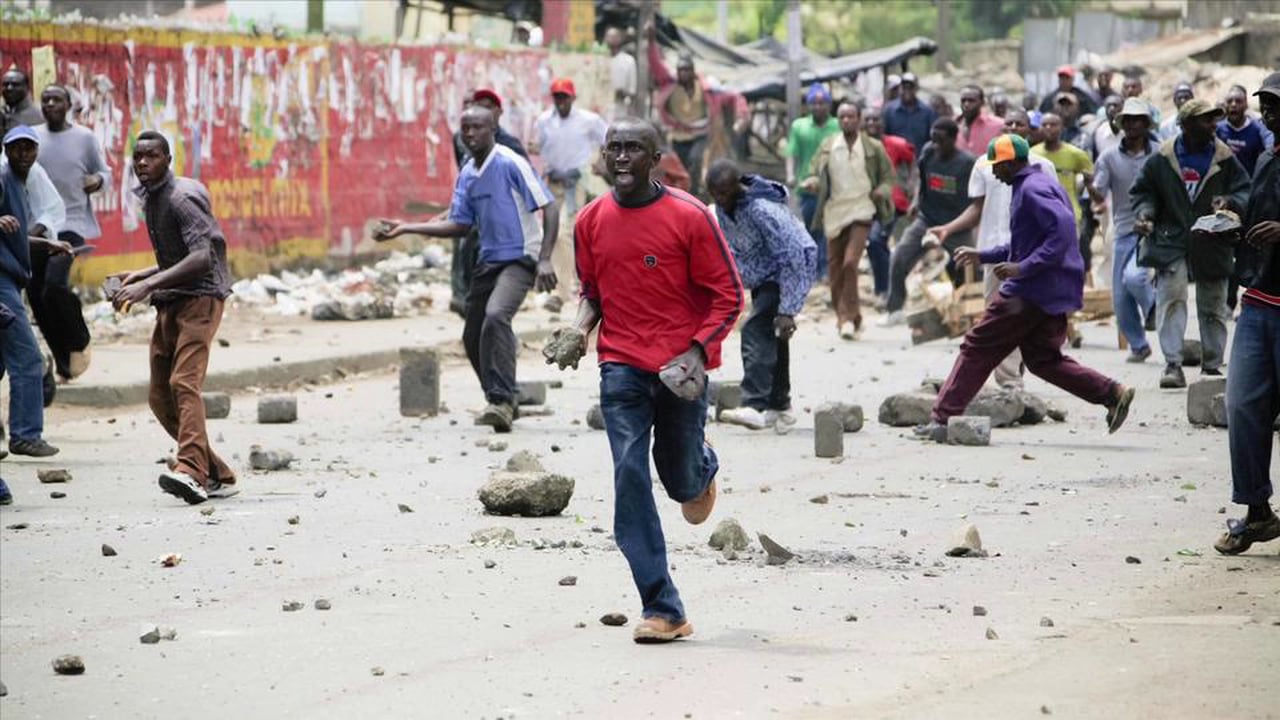
On August 12, 2017, the Kenya National Commission on Human Rights reported that the police killed at least 24 people nationwide, including one in Kisumu and 17 in Nairobi. The number is most likely much higher, as Kenyan media were slow in reporting on the violence and families were also afraid to speak out.
Kenyan police have a long history of using excessive force against protesters, especially in the western counties such as Kisumu, Siaya, Migori, and Homabay, where Odinga has had solid support for over 20 years. In the 2007 post-election violence, during which more than 1,100 people were killed, most of the more than 400 people shot by police were in the Nyanza region, which includes those counties.
This year’s elections will be held on August 9, 2022. Four presidential candidates have been cleared to run in the election – David Mwaure, George Wajackoyah, Raila Odinga and William Ruto.
Kenya’s Vice President cleared to run for presidency
Kenya’s Independent Electoral and Boundaries Commission (IEBC) on Saturday, June 4, 2022 cleared Vice President, William Ruto, to run for the country’s presidency in the upcoming election in August.
Considered an early frontrunner, Ruto, used the occasion to criticize what he believed to be unfair treatment by the Kenyan media.
“Respectfully, we want to request our friends in the fourth estate, the media. We want to request them to be fair. So far, we have been treated unfairly”, Ruto said shortly after a certificate confirming his presidential bid was handed to him by Wafula Chebukati, the election commission chairman.
On Sunday, June 5, 2022, the same commission declared veteran opposition leader, Raila Odinga, a candidate. Odinga is the flagbearer for the Azimio La Umoja One Kenya coalition.
“We have confidence that the IEBC has got the capacity to conduct free and fair elections. We therefore, urge you to live by the script and do exactly what the people of Kenya expect of you”, Odinga said.
READ ALSO: ECG Warns Of Power And Water Crisis In A/R Due To Encroachment Of Operation Sites



